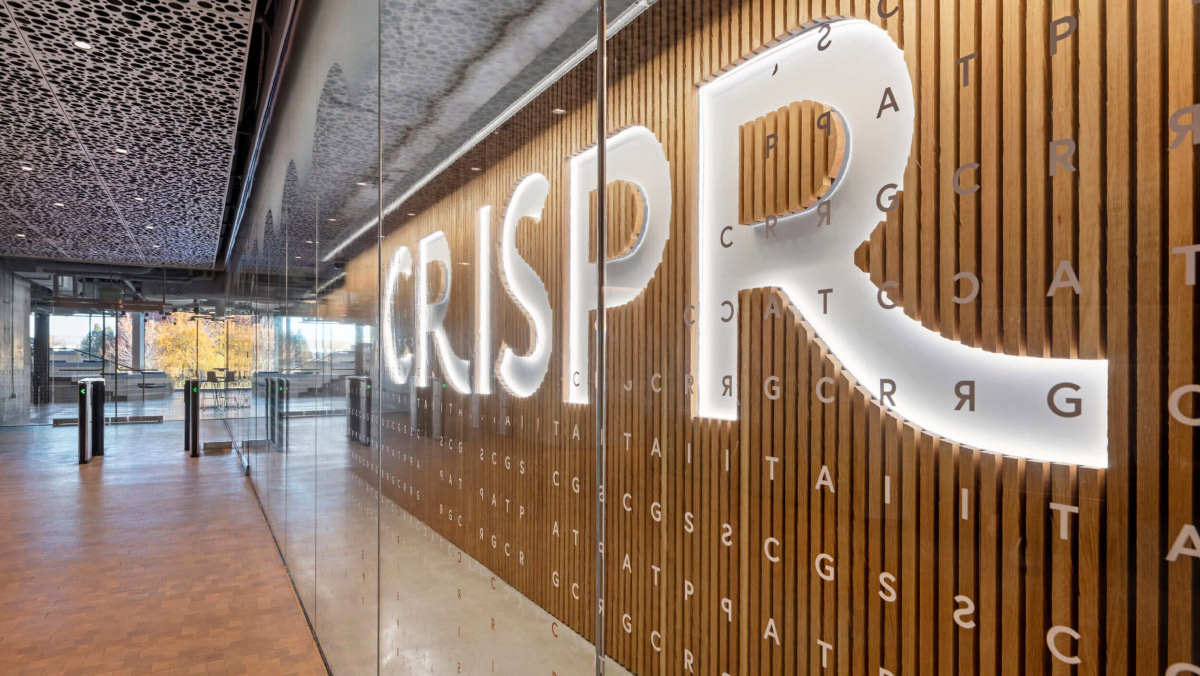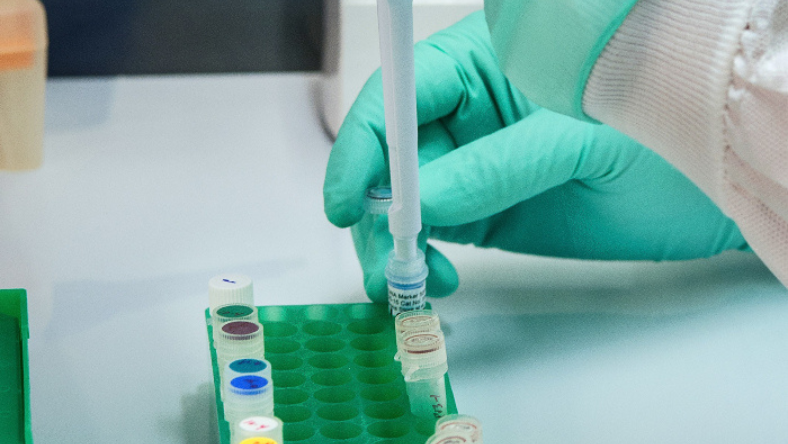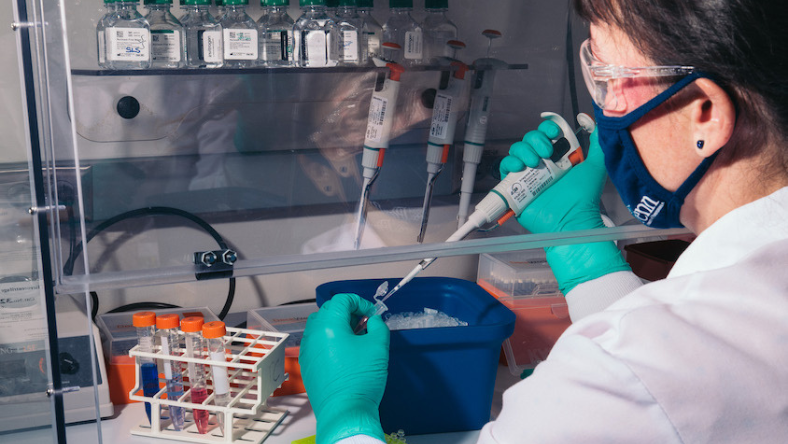RESEARCH
One Injection, Decades of Heart Protection?
CRISPR therapy cuts LDL by 86% in a single dose, hinting at a future where gene editing replaces daily heart meds.
4 Jul 2025

A medical treatment that works in one sitting is rare. One that could replace a lifetime of pills is rarer still. Yet early results from CRISPR Therapeutics suggest such a shift may be coming for heart disease. Its experimental therapy, CTX310, edits a liver gene involved in fat metabolism. In an initial trial, low-density lipoprotein (LDL) cholesterol fell by 86% and triglycerides by 82% after a single dose.
Those numbers compare favourably with the most potent cholesterol drugs, such as PCSK9 inhibitors, which must be injected regularly. Gene editing has until now been mostly confined to rare disorders. A move into common conditions like high cholesterol would mark a substantial expansion of its reach.
CTX310 works by disabling a gene that keeps blood fats high, potentially providing lifelong control after one treatment. Such permanence, however, comes with new trade-offs: any unforeseen side-effects may be equally enduring. Larger and longer trials will be needed to test safety, especially as the therapy aims at otherwise healthy people at risk of future disease.
Competition is brisk. Beam Therapeutics is developing similar approaches, while other biotech firms eye metabolic disorders as their next target. “It demonstrates the power of our in vivo gene-editing platform to deliver paradigm-changing medicines,” said Samarth Kulkarni, CRISPR Therapeutics’ boss. Investors agree, pushing capital toward firms with one-shot cures in their pipelines.
Regulators and insurers face knotty questions. Single-dose cures challenge reimbursement models built for repeat prescriptions. High upfront prices may deter health systems, even if long-term savings are large. Approval frameworks, too, will need to adapt to medicines whose effects cannot be undone.
If CTX310 and its rivals deliver on their promise, the change will be profound. Cardiovascular disease remains the world’s biggest killer; turning it from a chronic condition into one treated once could reshape both public health and the economics of care. Whether that happens will depend on whether this first set of dazzling numbers holds up when tested at scale.
Latest News
15 Jan 2026
FDA opens smoother lanes for CRISPR firms13 Jan 2026
CRISPR tries to crack the rare-disease problem9 Jan 2026
Why Gene Editing Suddenly Feels Inevitable16 Dec 2025
A 2021 Gene Editing Deal Still Shapes the Future of Cancer Care
Related News

REGULATORY
15 Jan 2026
FDA opens smoother lanes for CRISPR firms

PARTNERSHIPS
13 Jan 2026
CRISPR tries to crack the rare-disease problem

INNOVATION
9 Jan 2026
Why Gene Editing Suddenly Feels Inevitable
SUBSCRIBE FOR UPDATES
By submitting, you agree to receive email communications from the event organizers, including upcoming promotions and discounted tickets, news, and access to related events.